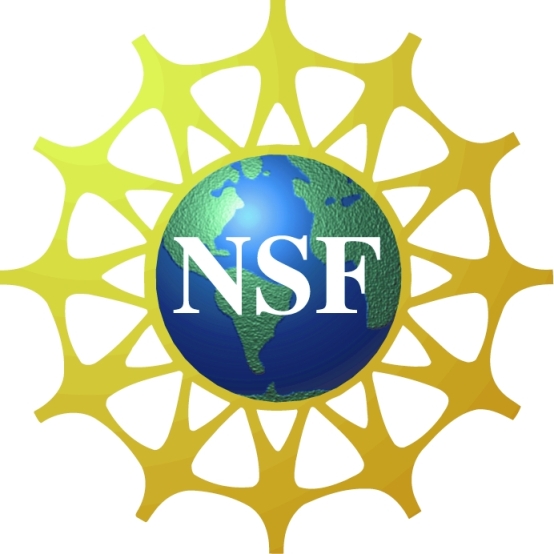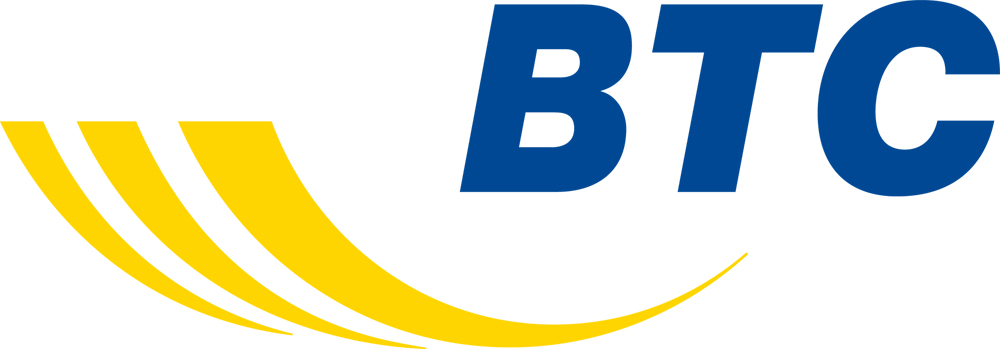Conference Aims
PervasiveHealth is a premier international forum with specific focus on technologies and human factors related to the use of ubiquitous computing in healthcare and wellbeing. The overall goal of the Pervasive Health Conference is to take a multidisciplinary approach to Pervasive Healthcare Technology research and development. The Pervasive Healthcare Community is addressing a broad scope of research topics and concerns:
- identify and understand problems from a technological, social, and medical perspective (with a particular emphasis on understanding and supporting patient needs);
- design, implementation, and evaluation of supporting hardware and software infrastructures, algorithms, and applications; and
- organisational strategies that facilitate integration of Pervasive Healthcare Technology into the healthcare enterprise.
Traditional healthcare environments are extremely complex and challenging to manage, as they are required to cope with an assortment of patient conditions under various circumstances with a number of resource constraints. Pervasive healthcare technologies seek to respond to a variety of these pressures by successfully integrating them within existing health care environments. Technologies, standards and procedures on their own provide little and or no meaningful service. It is essential that pervasive healthcare environments, through a combined approach of data collection, data correlation and data presentation, assist health care professionals in delivering high levels of patient care, and empower individuals and their families for self-care and health management.
The Pervasive Healthcare conference in Oldenburg aims to gather technology experts, practitioners, industry and international authorities contributing towards the assessment, development and deployment of pervasive medical based technologies, standards and procedures.
We welcome contributions from the following fields:
- Sensing Technologies and Pervasive Computing
- Medicine, Nursing, and Allied Health Professions
- Human-Computer Interaction (HCI) and Computer Supported Cooperative Work (CSCW)
- Hardware and Software Infrastructures
We seek novel, innovative, and exciting work in areas including but not limited to:
Pervasive Healthcare Management
- Challenges surrounding data quality
- Standards and interoperability in pervasive healthcare
- Business cases and cost issues
- Security and privacy issues
- Training of healthcare professional for pervasive healthcare
- Legal and regulatory issues
- Staffing and resource management
Understanding Users
- Identifying and addressing stakeholder needs
- Usability and acceptability
- Barriers to adoption, and enablers
- Social implications of pervasive health technology, and social inclusion
- Coverage and delivery of pervasive healthcare services
- Patient empowerment
- Diversity: population and condition-specific requirements
- Inclusive research and design: engaging underrepresented populations
- Digital interventions and health behavior change
Knowledge Representation and Reasoning
- Physiological models for interpreting medical sensor data
- Activity recognition and fall detection
- User modelling and personalization
- Modelling of Pervasive Healthcare environments
- Sensor-based decision support systems
- Design and evaluation of patient and ambient-related sensors
- Wearable and implantable sensor integration
- Data fusion in pervasive healthcare environments
- Data mining medical patient records
- Software architectures e.g. Agent, SOA, distributed middleware
- Electronic Health Records (EHR)
Applications
- Autonomous systems to support independent living
- Clinical applications, validation and evaluation studies
- Telemedicine
- Chronic disease and health risk management applications
- Health/Wellbeing promotion and disease prevention
- Home based health and wellness measurement and monitoring
- Continuous vs event-driven monitoring of patients
- Smart homes and hospitals
- Using mobile devices in the storage, update, and transmission of patient data
- Wellbeing and lifestyle support
- Systems to support individuals with auditory, cognitive, or vision impairments
- Systems to support caregivers
Venue
PervasiveHealth 2014 will be conducted in Oldenburg, a medium-sized city in northwestern Germany, in the middle between Hamburg (D) and Amsterdam (NL). Embedded in a beautiful, unspoiled natural landscape the former residence of counts, dukes and grand dukes is now home to 160,000 people and a vibrant, modern city - a university city with 4 universities and more than 20,000 students. Going to Oldenburg is easy: Bremen airport is only 45 minutes away and is just one hop from the major international airport hubs Frankfurt, Amsterdam and Paris. Other major airports in easy reach are in Hamburg, Hanover and Münster/Osnabrück.
Submissions
The conference invites the submission of original work through the Confy paper submission system in one or more of the following formats: full and short papers, workshops, posters, interactive demonstrations. Check the Initial Submission page for all submission details and templates. Pervasive Health 2014 will accept submissions in the following categories:
Full papers (up to 8 pages submissions)
Full papers are submissions describing results and original research work not submitted or published elsewhere in one of the four main categories listed below. Full papers should properly place the work within the field, cite related work, and clearly indicate the innovative aspects of the work and its contribution to the field.
Short Papers and Posters (up to 4 pages submissions)
Short papers are envisioned as submissions describing original research that is much more focused and smaller in scope than full research papers. Short papers are not expected to provide all the details on the research, but rather focus on the most innovative and salient aspects. In addition, short papers are not expected to include a comprehensive review of related work. Short papers will be presented during the main track of the conference. Poster category combines submissions reporting on the progress of ongoing research and insights into the lessons learned from current (industrial, practitioners, government, etc.) pervasive healthcare practice.
Medical Perspective Abstracts (1-2 pages submissions)
Authors are invited to submit work in traditional medicine whose results are interesting to Pervasive Health audience. This track will give Pervasive Health attendees a way to learn about ongoing research initiatives, both in medicine and technology, and will provide presenters with an excellent opportunity to receive invaluable direct feedback from experts.
Demos (2 pages submissions)
The demos track will showcase the latest developments and prototypes related to the topics of interest of the conference. The expected demo submissions should describe the technical details of the demo alongside its contribution to the healthcare domain.
Workshop proposals (2 pages submissions)
Several workshops will be run in conjunction with the conference. The purpose of these workshops is to discuss work in progress and explore opportunities for new research related to pervasive healthcare.
Doctoral Colloquium (4 pages)
This event will enable doctoral students to present and reflect on their work alongside other doctoral students and a panel of experts. Submissions should include a description of work done, intended future work, alongside a specific research question or challenge that you would like to be discussed at the colloquium.
Each paper will be blind, peer-reviewed by members of the Pervasive Health 2014 program committee with additional expert reviewers drawn from relevant research domains. Submissions will be evaluated based on their originality, significance of the contribution to the field, technical correctness and presentation. The paper should make explicit how the work offers unique and substantial contribution beyond what has already been published or submitted. Authors will be invited to submit their camera-ready papers in ACM format, to be published in ACM Digital Library. The acceptance rate was around 30% for Pervasive Health 2011, 2012 and 2013. Selected papers may be invited to publish in the EAI endorsed Transactions on Ubiquitous Environments.
Important Dates
- Full Paper Submission: 16 December 2013, 23:59 (PST)
- Short Papers and Posters: 16 December 2013, 23:59 (PST)
- Medical Perspective Abstracts: 16 December 2013, 23:59 (PST)
- Notification of Acceptance: 28 February 2014
- Camera Ready: 14 March 2014
- Conference Dates: 20-23 May, 2014








































